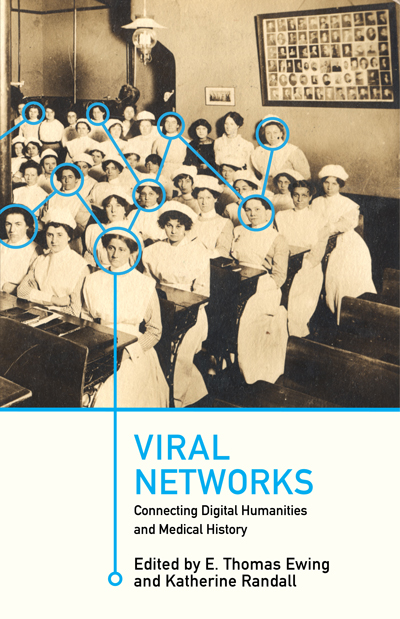JARS v64n1 - Volunteers at Truss Shows and Plant Sales
Volunteers at Truss Shows and Plant Sales
Ann Drake
Coquille, Oregon
Reprinted from "Ann's Corner" in the Southwestern Oregon ARS Newsletter, May 2009A rhododendron flower show is a learning experience no matter how many you participate in. It's just like school! One learns how to separate objects into groups, even though sometimes you don't think they belong together, but then you see that they have some kind of common denominator. We learn to play well together and how to prepare a truss so that it will please a judge. We even learn Latin, and in helping with the classification arrangement of the truss display, we learn the difference between lepidote (with scales) and elepidote (without scales) rhododendrons.
Taking part in the plant sale also teaches us things. It often helps to make up stakes with photos and descriptions of the plants to help identify them for the public if there were no plants of that type in flower, as having pictures or blooms helps less knowledgeable, potential buyers to make up their mind. Greer's (1996) book is a necessity for wading through names and characteristics of rhododendrons. It has been called "the rhododendron bible" and of all the books that have been written on this subject, it surely is. We always take a copy to our meetings.
The importance of Latin is experienced in helping with the species section. I learned that the species name for R. canadense comes from the word Canada and that for R. fastigiatum means erect. There was a grouping of R. irroratum (covered with dew, hence minutely spotted) and a good number of R. maddenii (after Lt. Col. E. Madden, 1805-1856, a traveler in India), R. ciliatum (covered with hairs) and R. luteum (yellow). When coming across the name R. exasperatum , I always thought it must have meant that the plant hunter had a hard time getting the plant, but it only means "rough," which rather disappointed me. When seeing "album" mentioned, it usually means white. Some species are named after a person and I was told that when that is the case, you should pronounce the person's name with an "i" "e" sound on the end of it.
The people who participate in the show and bring plants are the best part. The judges usually come from other parts of the state or other states but we all have a fascination for this genus (= a group of species closely related). See, another Latin word! Everyone has a different take on doing something. When seeing a flower you covet, somebody will often offer free cuttings. The cutting party will often be in September, and the spring, when you can see the plants in flower, is a good time to make a list of the plants you desire. Gardeners are probably the most generous people on the planet, and working together is a very enjoyable experience.
Ann Drake is a member of the Southwestern Oregon Chapter and is its newsletter author.

